| |
 |
|
| The End of Yahya Sinwar and the Future of Gaza By Ahnaf Kalam ● Oct 18, 2024 Smart Brevity® count: 4.5 mins...1190 words The elimination of Yahya Sinwar, the brutal architect behind some of Hamas' most heinous crimes, serves as a stark reminder that those who choose terror rarely meet a peaceful end. His demise, while a tactical victory, offers little comfort in a region where the collapse of one tyrant often gives rise to another. The war against the ideologies that sustain such figures is far from over. Today's edition of the MEF Dispatch examines the ripple effects of Sinwar's death, exposing strategic miscalculations and shifting power dynamics in Gaza. It delves into Turkey's diplomatic maneuvers, from Kurdish outreach to potential sanctions evasion, and their implications for regional alliances. Iran's leadership crisis takes center stage, offering insights into the regime's internal workings and future trajectory. The hypothetical scenario of Sinwar in American academia serves as a lens to explore broader issues of controversial appointments in higher education. These interconnected events reshape military strategies, peace negotiations, and international diplomacy across the Middle East. |
|
Yahya Sinwar's Career in American Academia 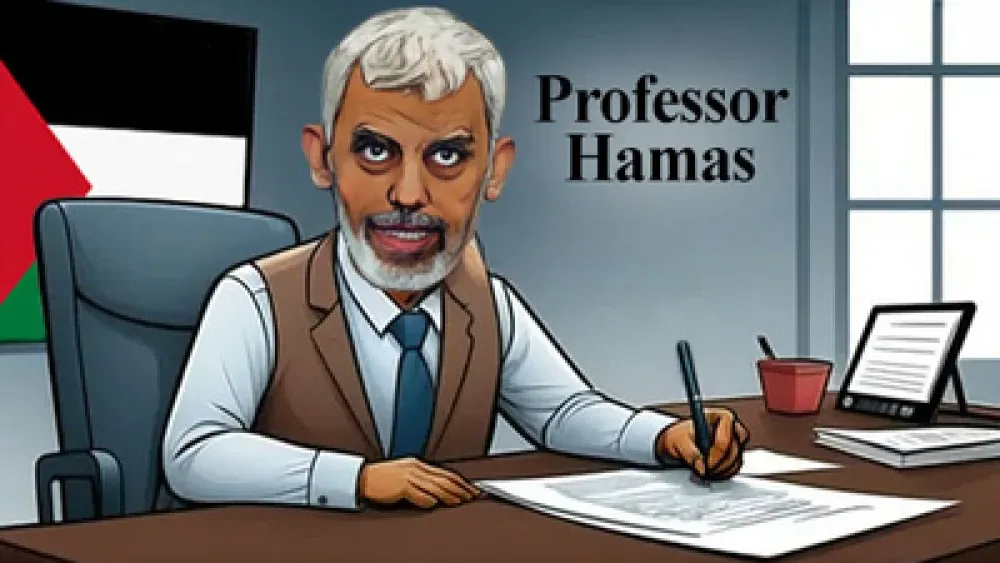 By: A.J. Caschetta Yahya Sinwar could have ascended to high academic roles in American universities. Why it matters: Sinwar's potential integration into American academia highlights the complexities and challenges of higher education institutions' engagement with controversial figures. The big picture: American universities have a history of controversial appointments, reflecting broader debates on free speech and inclusivity. What's next: As universities grapple with these decisions, they must balance reputational risks with commitments to diverse perspectives. |
|
How Yahya Sinwar Rose and Fell 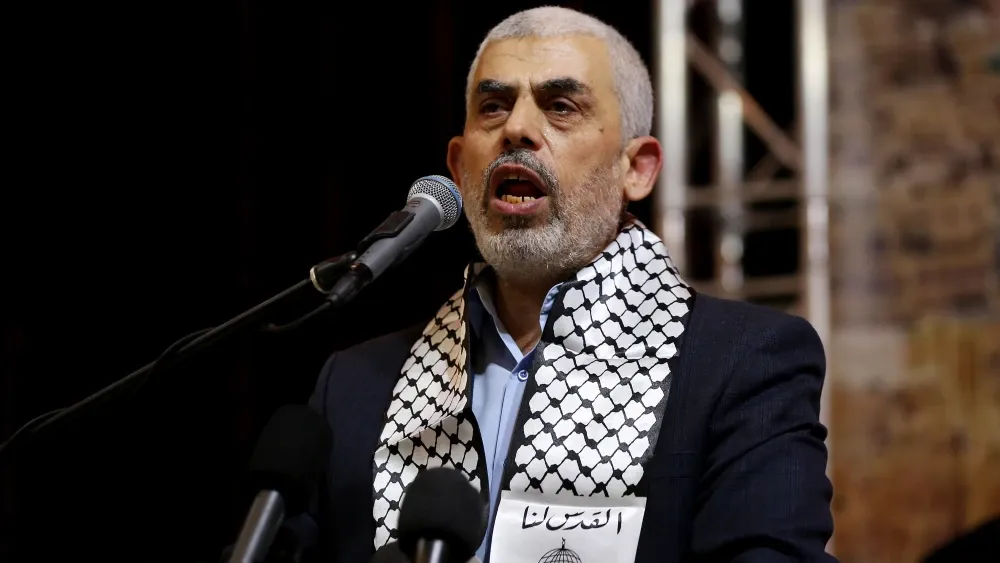 By: Jonathan Spyer Yahya Sinwar's death marks a pivotal moment in the Israeli-Palestinian conflict, revealing deep misconceptions. Why it matters: Sinwar's end highlights the flaws in Hamas's understanding of Israeli resilience and military strategy. Strategic Missteps: Israel's release of Sinwar in 2011, underestimating his commitment to jihad, led to significant consequences. Lessons Learned: Both Hamas and Israel have historically misunderstood each other's motivations and strengths. |
|
The Lessons from Yahya Sinwar's Death 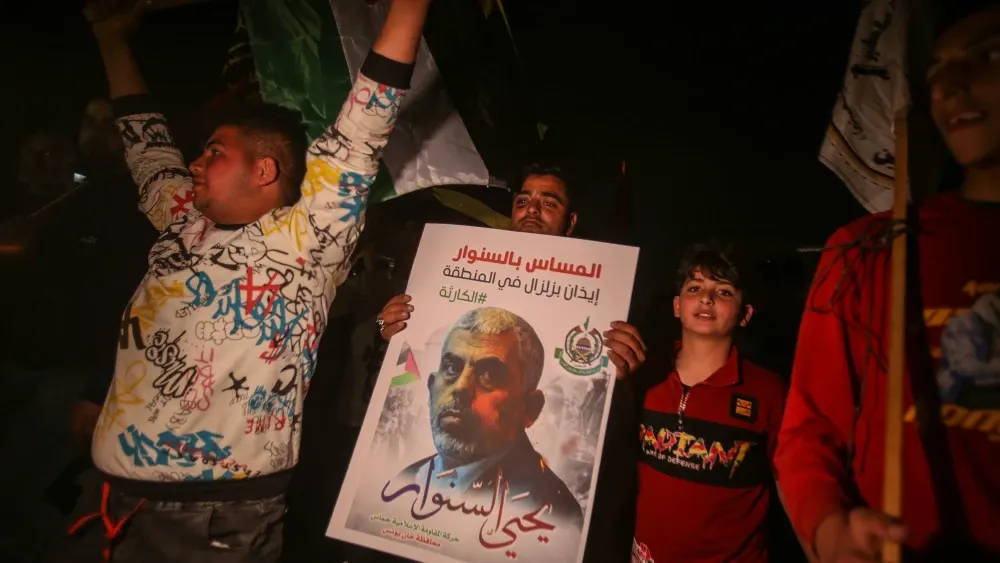 By: Michael Rubin The death of Hamas leader Yahya Sinwar underscores the pitfalls of ceasefire agreements in ongoing conflicts. Why it matters: The elimination of Sinwar highlights the necessity of reassessing ceasefire calls, which may inadvertently prolong conflicts. Lessons from History: Historical precedents show that defeating ideologies requires unwavering commitment, not temporary halts. Policy Implications: The U.S. should avoid advocating ceasefires unless they lead to unconditional surrender of terror groups. |
|
Sinwar's Death Challenges the Logic of Ceasefire Demands 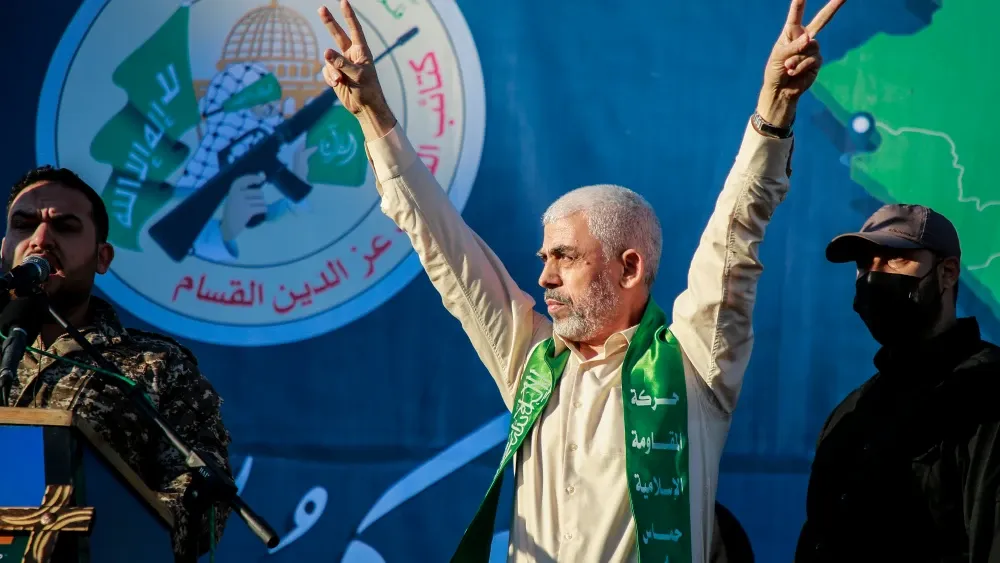 By: Gregg Roman Yahya Sinwar's death challenges the effectiveness of current ceasefire strategies in the Israeli-Palestinian conflict. Why it matters: Sinwar's elimination underscores the need to critically assess ceasefire demands, which may offer militants time to regroup and prolong conflict. Decisive Action's Impact: Sinwar's removal highlights the potential of targeted actions to disrupt militant operations. Rethinking Strategy: A balanced approach combining security measures with diplomatic efforts is essential to address militancy's root causes. |
|
From Nasrallah to Khamenei: The Power Vacuum Shaping the Middle East 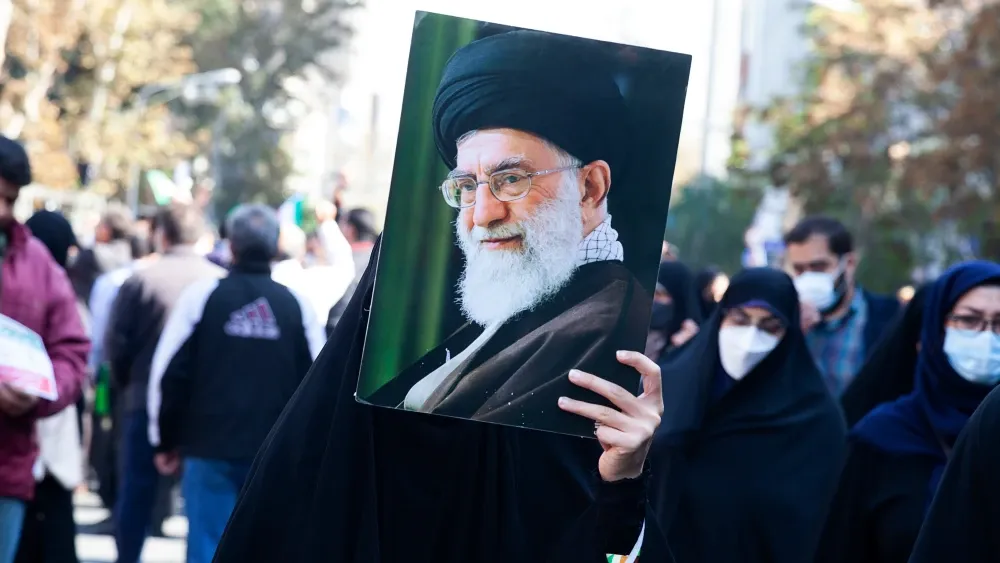 By: Saeid Golkar, Jason M. Brodsky The assassination of Nasrallah and Raisi's death highlight Iran's leadership crisis. Why it matters: This leadership vacuum in Iran could destabilize regional power balances and influence Tehran's internal politics. Mojtaba's Emergence: Mojtaba Khamenei steps into the spotlight amid rising tensions. Continuity or Change? Khamenei's focus is on maintaining the regime's stability and ideological direction. |
|
Kurds Shouldn't Trust Turkey's Insincere Peace Outreach 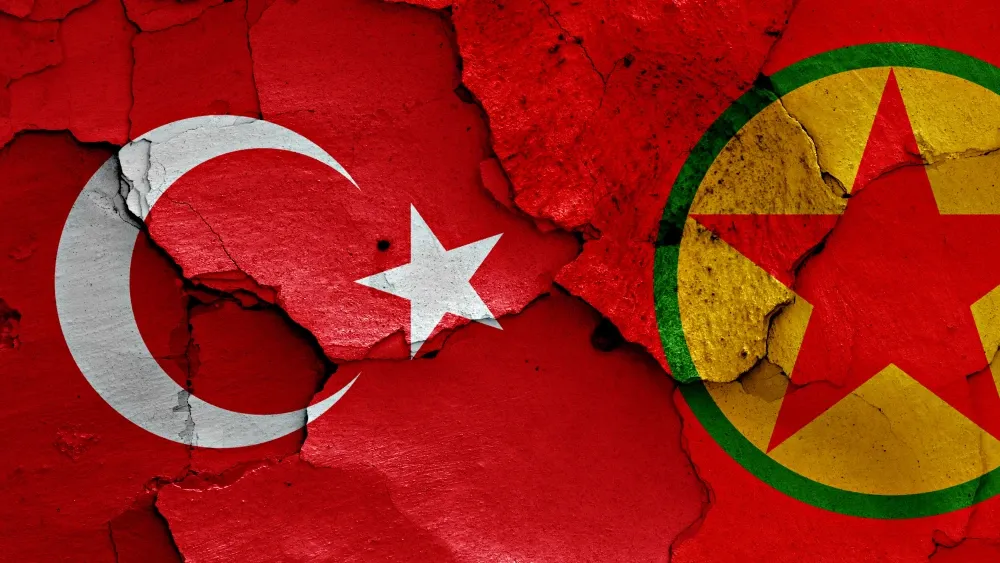 By: Loqman Radpey Turkey's strategic shift towards Kurdish peace lacks genuine policy change. Why it matters: Turkey's outreach to the Kurds is driven by shifting regional dynamics, not a sincere change in policy. Strategic Calculus: Turkey seeks to maintain regional influence as geopolitical alliances shift. Historical Context: Turkey's history of broken promises and cultural suppression casts doubt on current peace efforts. |
|
Turkey May Render the EU's Sanctions on Iran Ineffective  By: Babak Taghvaee Turkey's ties with Iran challenge the effectiveness of EU sanctions. Why it matters: The strengthened relationship between Turkey and Iran allows sanctions evaders to operate, undermining Western efforts. Evasion Tactics: Turkish companies aid Iranian entities in skirting U.S. and EU sanctions, especially in aviation logistics. Policy Implications: The U.S. must address Turkey's complicity in sanctions evasion to maintain pressure on Iran. |
|
Transformation of Turkey's Foreign Ministry Sparks Global Concerns 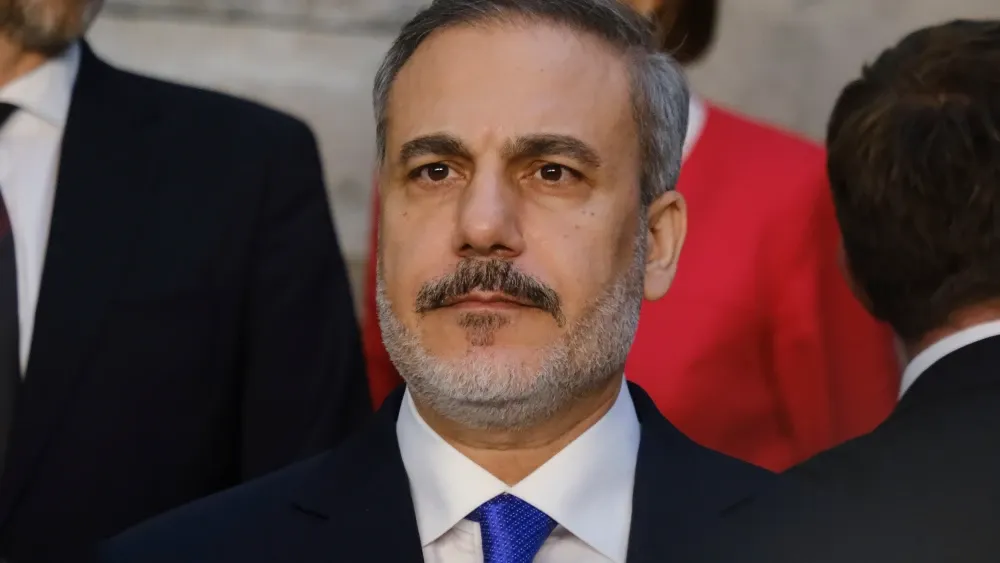 By: Abdullah Bozkurt Turkey's Foreign Ministry transformation under Hakan Fidan sparks global concern. Why it matters: The creation of an armed unit within Turkey's Foreign Ministry poses significant challenges for international relations and security. Espionage Expansion: The Directorate General of Diplomatic Security enhances Turkey's intelligence capabilities, with potential misuse for clandestine operations. Operational Implications: Turkey's shift towards militarized diplomacy could strain alliances and complicate regional stability efforts. |
|
| |
|
As we reflect on the welcome death of Yahya Sinwar, we are reminded that such victories, while necessary, are never the end of the story. The forces of terror may be momentarily weakened, but the ideology that sustains them and the Islamic Republic that arms and equips them still persists, waiting to strike again. Our vigilance must remain unshaken, for the defense of civilization is an unrelenting task. Stay tuned for the next edition of the Dispatch for further developments and insights. Sincerely,
Ahnaf Kalam
Digital Media Specialist
Middle East Forum |
|
|
| Feedback Please share your thoughts on this edition. Was this edition useful?  

Your responses are anonymous |
       MEF, an activist think tank, deals with the Middle East, Islamism, U.S. foreign policy, and related topics, urging bold measures to protect Americans and their allies. Pursuing its goals via intellectual and operational means, the Forum recurrently has policy ideas adopted by the U.S. government.
Copyright © 2024 Middle East Forum, All rights reserved.
Our mailing address is:
Middle East Forum
1650 Market Street, Suite 3600
Philadelphia, PA 19103 | |
| |
| Powered by 
|
| This email was sent by Middle East Forum via Axios HQ | |
|
0 коммент.:
Отправить комментарий